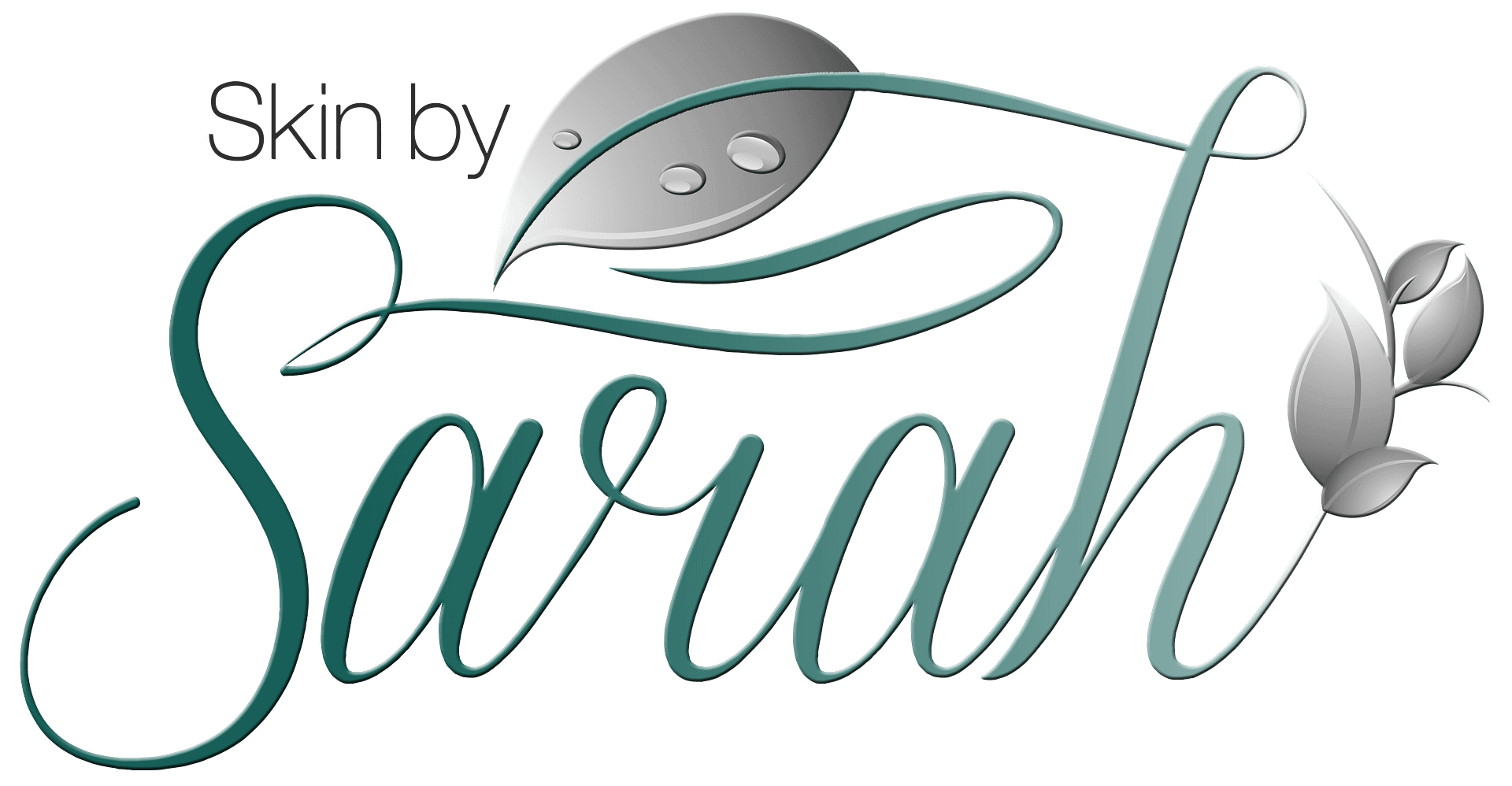Microblading Pros and Cons
As with any cosmetic treatment, there are pros and cons of microblading. Some restrictions include medical conditions, medications, combined treatments, and skin conditions. Candidates not currently eligible for microblading include, but are not limited to:
- Those under 18 years of age
- People with diabetes
- Pregnant and lactating women
- People with glaucoma and people who are taking blood-thinning medicines, e.g., aspirin.
- People with skin diseases such as psoriasis, eczema and undiagnosed rashes or blisters on the site that is to be treated.
- People with allergies to makeup or pigments
- Those with easily triggered post-inflammatory hyperpigmentation
- Those with transmittable blood conditions like HIV or Hepatitis
- Those that have active skin cancer in the area to be tattooed
- Those that have healing disorders, are currently taking blood thinners, have uncontrolled high blood pressure or have mitral valve disorder.
- Those on any skin medication such as ro-accutaine or steroids.
- Those that have eyebrow hair transplants, excessive bleeding, or an autoimmune disorder such as lupus or frontal fibrosing alopecia.
- Oily Skin isn’t the best skin for Microblading retention. We offer other solutions, such as a combination of Microblading and shading or Powder Ombre Brows.
That being stated, microblading is ideal for those with dry to normal skin types. It is a long-lasting solution that does not require constant maintenance and the results are waterproof, eliminating the need for makeup. This specific technique does not require an electrical current, which means no vibrations, allowing the pigment to be implemented precisely and look natural. It is a quick, safe, painless, and effective procedure that only lasts 2 to 3 hours.
Let us know if you have/had allergic reactions to topical anesthetics or any other topical or oral products.
Other restrictions:
- If you are using any type of exfoliation as AHA’s (lactic, glycol citric, retinoid and tartaric acids) or any OTC creams and lotions for tone correcting, anti-aging, exfoliating, fading can discolor your permanent makeup.
- Flu or Cold: Please stay home, reschedule your appointment if you have a cold or the flu or sinus/respiratory infection.
- Coumadin: The amount of bleeding and response to topical epinephrine will determine coverage per appointment. If excessive bleeding occurs, extra appointments may be necessary for the desired outcome or the procedure may not be effective.
- Cancer/Chemotherapy: Doctor’s clearance may be necessary.
- Laser eye surgery: Wait about three months for eyeliner procedure. All other permanent makeup procedures are ok.
- Juvederm or other “fillers”: Have the permanent makeup procedure first or ask your Juvederm tech for clearance.
- Shingles (varicella): If you have shingles on your face, wait several months to get permanent makeup.
- Eyelift or blepharoplasty: Wait about three months.
- Eyelash extensions: AFTER permanent makeup, not before. Or remove them before your procedure.
- Pinkeye: Do not Microblade or have any other semi-permanent makeup procedure until your infection has cleared and your prescribed medication has been completed.
- Cold Sores: Clients with a history of cold sores need to premedicate with an antiviral drug (Zovirax, Valtrex, or Acyclovir) prior to a lip coloring procedure.

